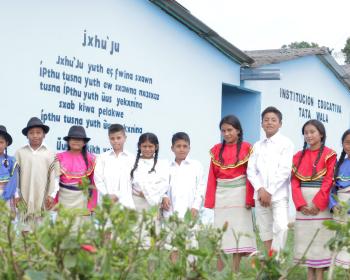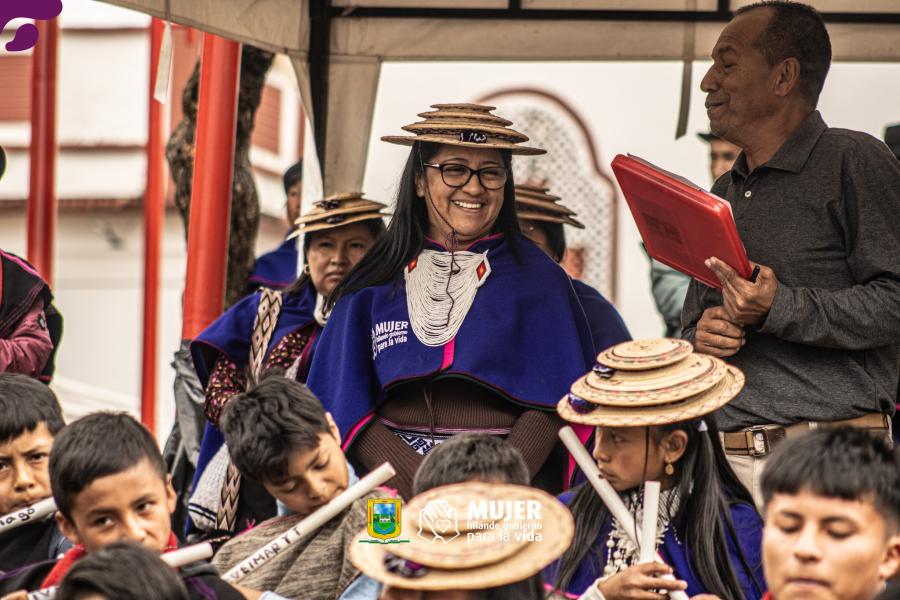Notwithstanding the many programs that have been implemented throughout Latin America to reform the administration of justice, in most countries judicial systems cannot yet guarantee that the rights of indigenous peoples are respected. In addition, there continue to be tensions between national justice systems and indigenous conflict-resolution methods.
One new institution that has been widely adopted throughout the region, the office of the Human Rights Ombudsman, is helping to improve this situation. Fourteen countries in the region (all but Chile, the Dominican Republic, and Uruguay) have Ombuds’ offices. Of these, 13 enjoy constitutional status. Four countries—Ecuador, Guatemala, Colombia, and Nicaragua—have special units for the protection of indigenous rights that are headed by an indigenous person.
Ombuds’ offices are designed to be independent of the government in the exercise of their responsibilities. Although they lack the power to legally enforce the recommendations that result from their investigations of cases and issues, they do serve as intermediaries between those who have endured rights violations and public authorities, and contribute to accountability by publishing their findings and recommendations.
Indigenous peoples most often turn to Ombuds’ offices to mediate disputes over land ownership, mega-projects, or mining, oil drilling, or timber extraction from their lands. Ombuds’ offices engage in human rights education that includes capacity building for indigenous leaders, public functionaries, and judges, as well as the dissemination of reports, training manuals, and radio programs geared for the wider public.
The efforts of Ombuds’ offices have had significant human rights results. For example, in Mexico, where indigenous prisoners—particularly those who do not speak Spanish—face discriminatorily higher rates of detention and conviction than non-indigenous persons, the National Human Rights Commission assisted in securing the release of 4,022 unjustly detained indigenous men and women over a five-year period.
Ombuds’ offices offer the promise of discrete, nonbureaucratic, efficient, and effective means to draw authorities’ attention to injustices perpetrated against indigenous peoples. While they still do not reach all locales with large indigenous populations, tend to be under-financed, would benefit from larger indigenous staffs, and often face barriers to following up on complaints, they have proved to be a welcome and useful institution that has alleviated some of the tensions between indigenous peoples and state authorities.



